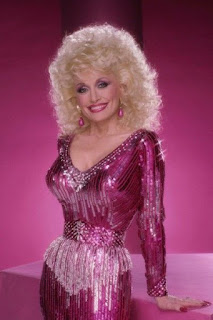Dame Susan Hill is best known for her gothic ghost story The Woman in Black (1983) which has also been adapted as a long-running stage play and film. In 2004 she launched a series of crime novels centred on an enigmatic detective, Simon Serrailler. Not familiar with the Serrailler series*, I started at the beginning with The Various Haunts of Men.
In the picturesque English town of Lafferton, a middle aged woman disappears without a trace while jogging on The Hill. After some routine enquiries, the local police figure she has wandered off, perhaps with a new beau, and fail to dig deeper. Detective Freya Graffham, who has recently transferred from The Met in London, suspects there is more to the mystery and continues an investigation with the help of DC Nathan Coates. Her boss, Serrailler, suggests they drop the case until a second woman goes missing. What has happened to these seemingly unconnected women?For the most part I enjoyed this novel. It has all the elements to make a good mystery. Hill creates a strong sense of place, with a stunning Cathedral at the heart of the town, the misty parkland of The Hill, and the wee shops and pub frequented by locals. There are some interesting characters too - Dr Cat Deerbon, a compassionate soul committed to her patients; philanthropic Mrs Serrailler; elderly Iris Chater, mourning the loss of her dear husband; and the compelling, intelligent Freya Graffham.
But there is a lot going on in this novel, perhaps too many characters, strange red herrings and it is certainly too long. Hill writes with a lot of detail, but this can sometimes slow the pace, frustrating the reader. The interspersed chapters featuring tape recordings of the killer didn't feel necessary to me. I also found it strange that this was the start of a Serrailler series, when he doesn't make that much of an impression on anyone except Graffham. I would have preferred the series followed Freya's career as she is a much more well-rounded and interesting character.
All in all, I liked but didn't love this novel. But I am prepared to give the second novel in the series a go to see if Serrailler himself grows on me.
*As at 2021 there are eleven novels in the Serrailler series.















